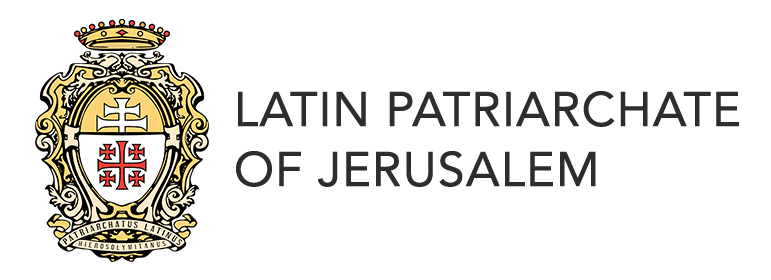XXIX Sunday of Ordinary Time A
Mt 22, 15-21
We are in chapter 22 of Matthew's Gospel: after hearing the parables from last Sunday, the evangelist presents now a series of diatribes, provoked by some questions to Jesus by the two most representative groups of Judaism of his time: Pharisees and Sadducees. The questions revolve around hot topics of politics and religion, but the intention of the interlocutors is not sincere: their desire is not to delve into these topics, but to put Jesus on the spot. This, Matthew makes clear from the very beginning (Mt 22:15).
The key with which to read today's Gospel passage (Mt 22:15-21) could be that of "looking." The terminology revolving around seeing, showing, looking, indeed returns several times.
The disciples of the Pharisees and Herodians are thus sent to Jesus to try to catch Him in the act, and they begin their long foreword with mock words of appreciation, in which they address Him as the one who "does not regard a person's status" (v. 16), that is, as a free person who does not hide what he thinks. Confronted with the question from the envoys of the Pharisees and Herodians, Jesus asks to be shown a coin (v. 19). Jesus looks at it, and then somehow invites his interlocutors to do the same, to answer his question about whose portrait and inscription are.
It seems to me, therefore, that the question is really one of looking.
First, there are the leaders, the religious people, who look at Jesus but cannot see beyond what they have already decided they want to see: an inconvenient person, to be eliminated.
Then there is Jesus' gaze: his gaze is a deep gaze. He sees the people in front of him and realizes that in reality, they are not looking at him, they are not seeing him: they are just trying to put him in difficulty.
Moreover, Jesus sees clearly what this difficulty is, where the catch is: for his interlocutors, paying tribute to Caesar would mean accepting the enemy’s domination, it would mean giving Caesar something that is not his, that he is not entitled to, that belongs only to God. For Jesus, the problem does not arise in these terms.
Rather, it is a matter of knowing how to look, to see that everything bears within itself an image and an inscription: there are things that bear the image of Caesar and others that bear the image of God. The important thing is simply to distinguish one from the other, and for that, you have to know how to look at them well, with that free gaze that Pharisees and Sadducees recognized to be the gaze of Jesus.
Then it will be seen that the relationship with God cannot discard our duty of engagement in the world, it does not give us permission to escape from our rootedness in history: we must repay to Caesar what belongs to Caesar (Mt 22:21).
But it is also true that man's reality is not exhausted in living history: there is a beyond, which belongs to God, which is God Himself present in history, present in man's heart; and this heart belongs to Him alone. No other idol should have power over man's freedom, and never shall worldly and political power be idolized, sacralized, or become absolute.
Therefore, only by repaying God what belongs to God, will we have a clear « look and learn » to recognize what is Caesar's instead: the important thing is not to confuse the two.
The problem, if we can say so, is: that how we look depends not so much on what is outside of us, but on what is inside and, in particular, on what we want to find: it depends on our freedom.
Precisely, the envoys give us an example of their inability to see, and for this reason, Jesus apostrophizes them with a term related to what we are saying: "hypocrites" (Mt 22:18) are people who live below the threshold of judgment, unable to distinguish what belongs to Caesar and what belongs to God.
So they get lost in vain talk, missing the point, which is, first of all, to repay God what is His, what the vinedressers of two Sundays ago did not do (Mt 21:33-43), nor the wedding guests of last Sunday (Mt 22 1-14).
+Pierbattista









